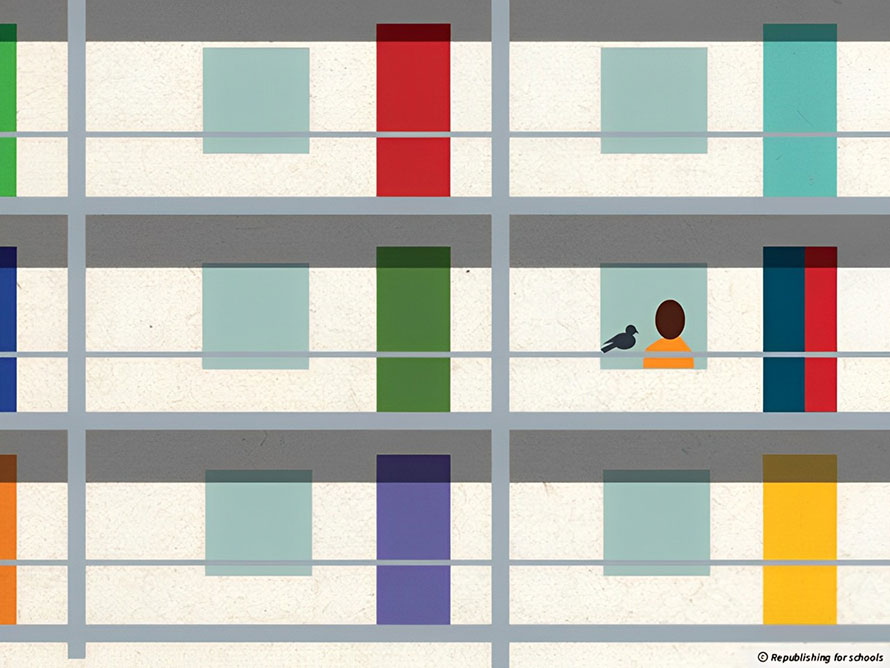Harri is 11 years old and has just moved to the UK from Ghana. He spends his time wondering at the strange sights and sounds of his new home in London and learning how to fit into his new life. But when a boy is murdered near the estate that he lives on, Harri and his friend Dean decide to investigate. At first, guided only by Dean’s knowledge of TV crime shows, they prove to be ineptNot very skilled or incompetent. detectives. Then Harri sees a member of the Dell Farm gang pick up a knife hidden in the bins. He becomes embroiledInvolved in a difficult or complicated situation. in the violence at school with deadly consequences. Stephen Kelman’s 2011 novel draws on the true, tragic story of the murder of Damilola Taylor in 2000 to explore the world of childhood. It paints a picture of young people trapped in cycles of violence, but still experiencing the world as children, with all the wonder and strangeness that entailsBrings along with it. . The heart-breaking ending served as a reminder that knife crime blights the lives of too many nowadays.
Pigeon English

Glossary
Inept - Not very skilled or incompetent.
Embroiled - Involved in a difficult or complicated situation.
Entails - Brings along with it.
Begets - A verb meaning to cause or bring about.
Colonisation - When one country or region is controlled by another.
British Empire - A group of countries that were once ruled or controlled by the UK, including Australia, Canada, India and large parts of Africa.
Domestic violence - Violent behaviour in the home. Often directed at somebody's partner or family.
Multiculturalism - A society in which there are numerous different cultural or ethnic groups that are given equal importance and accommodation.
